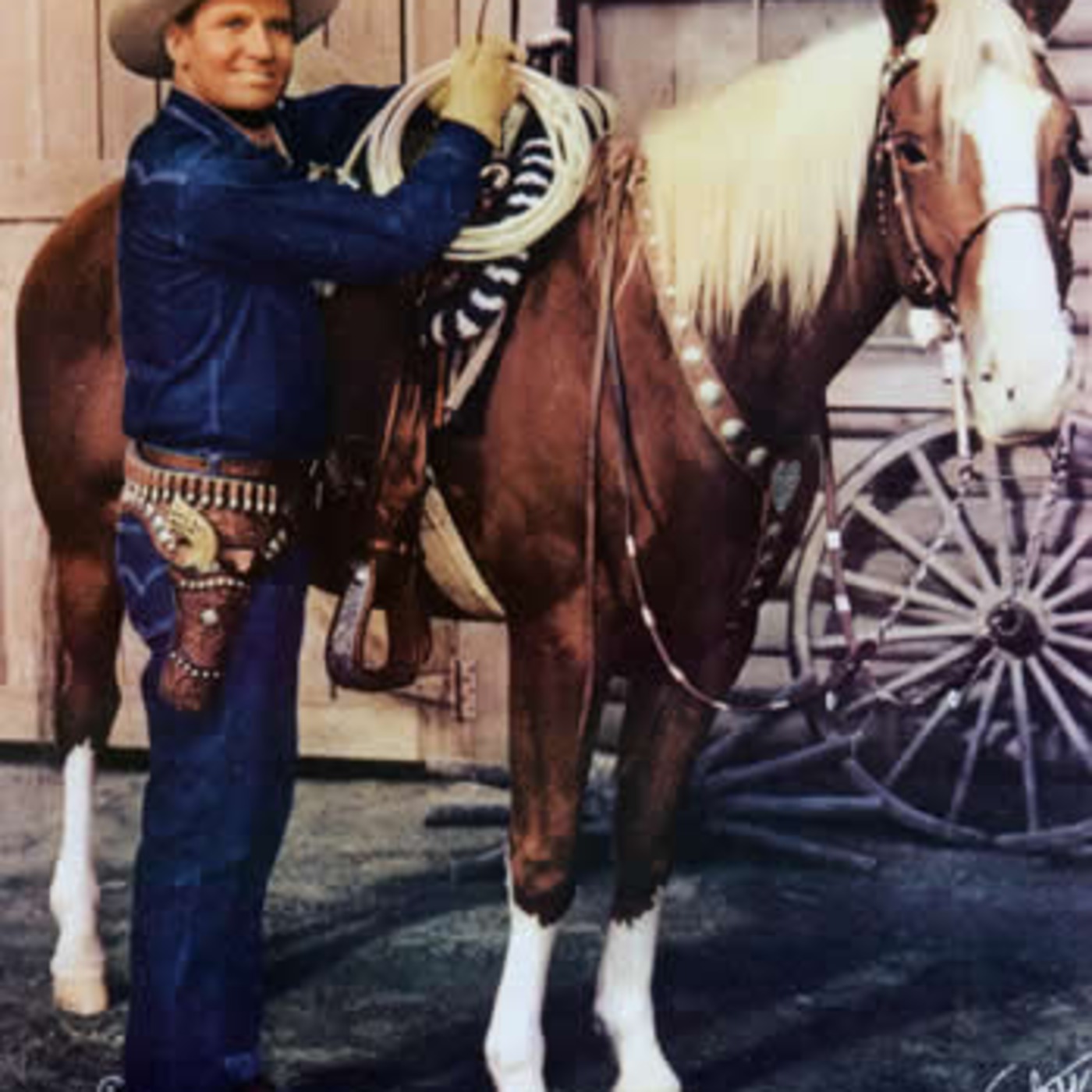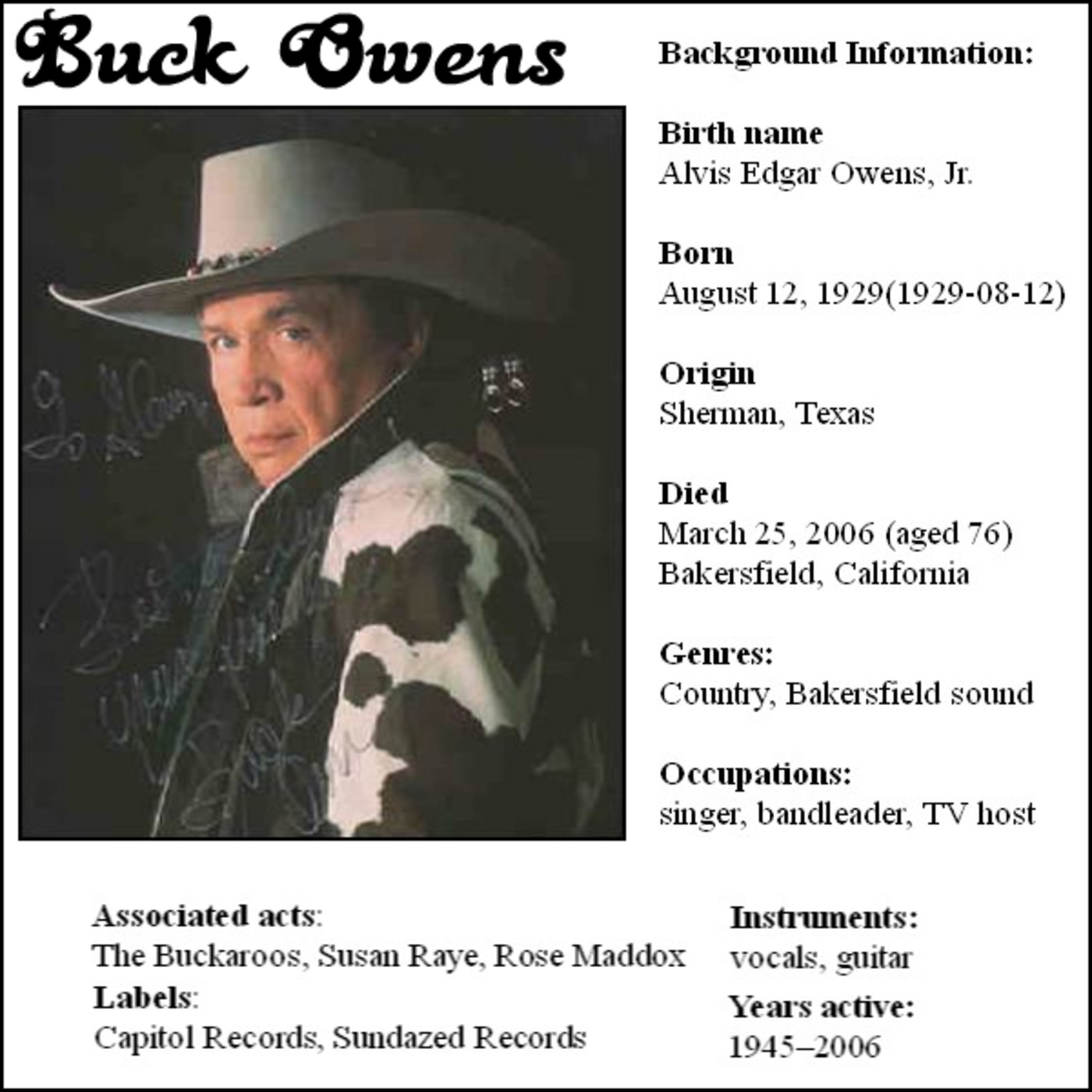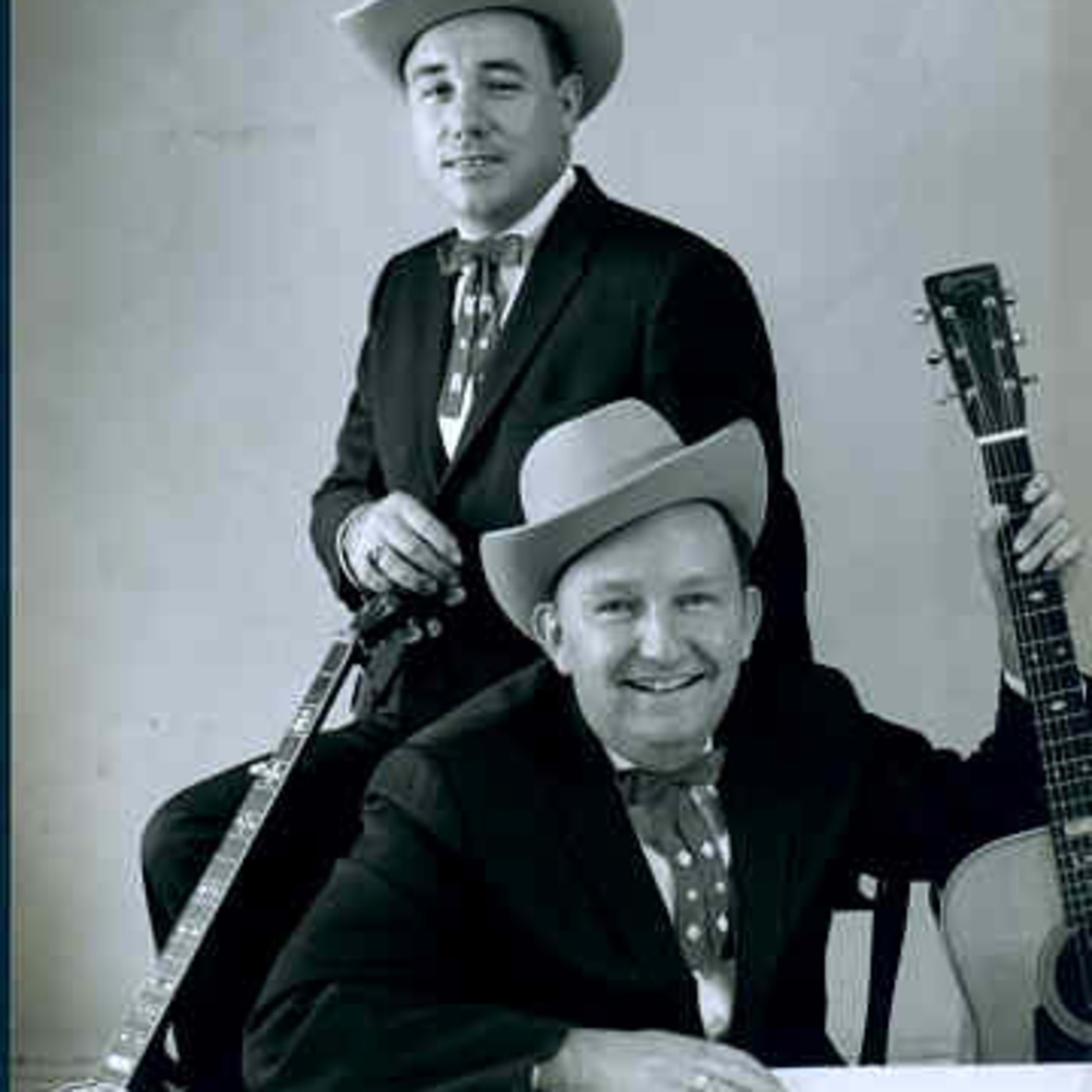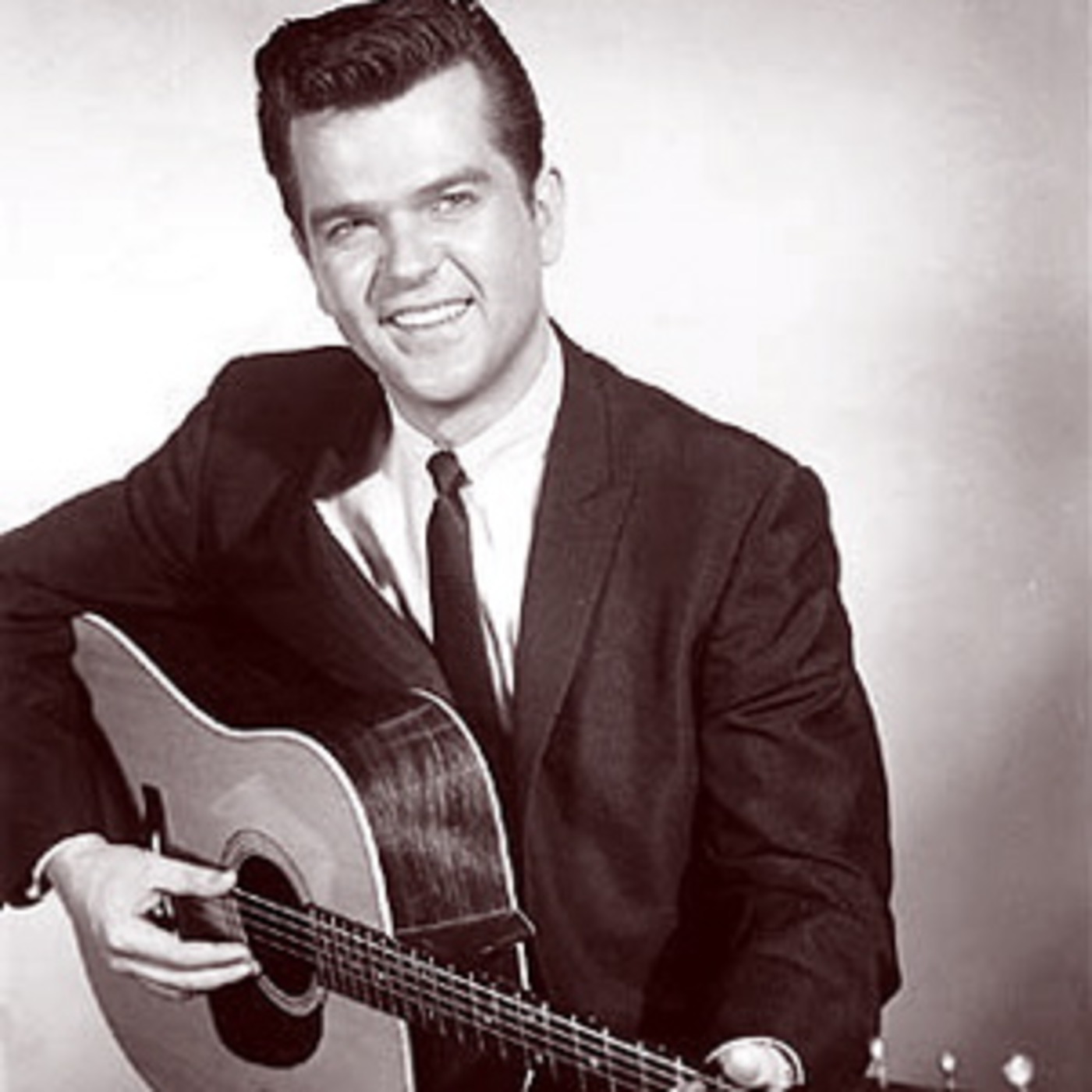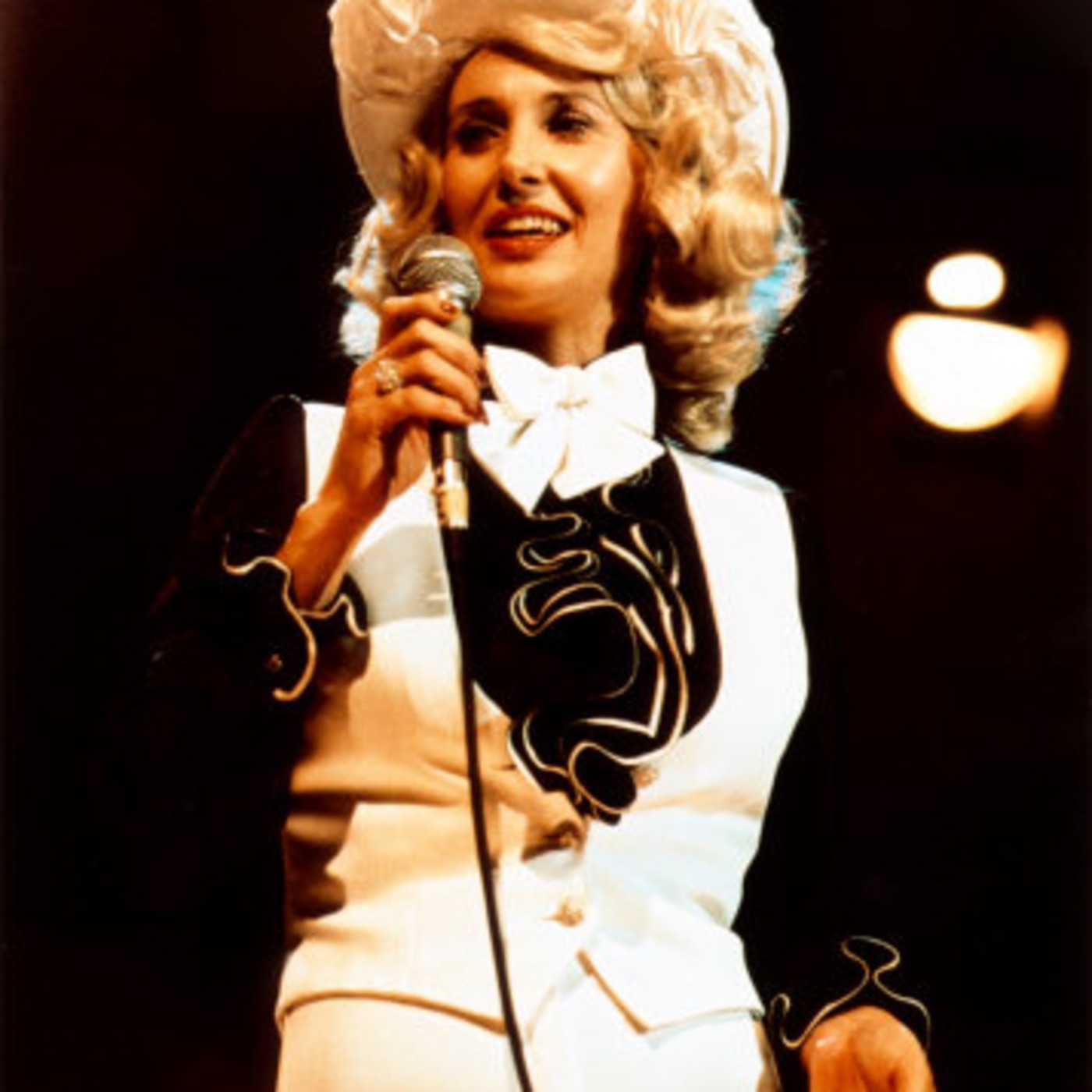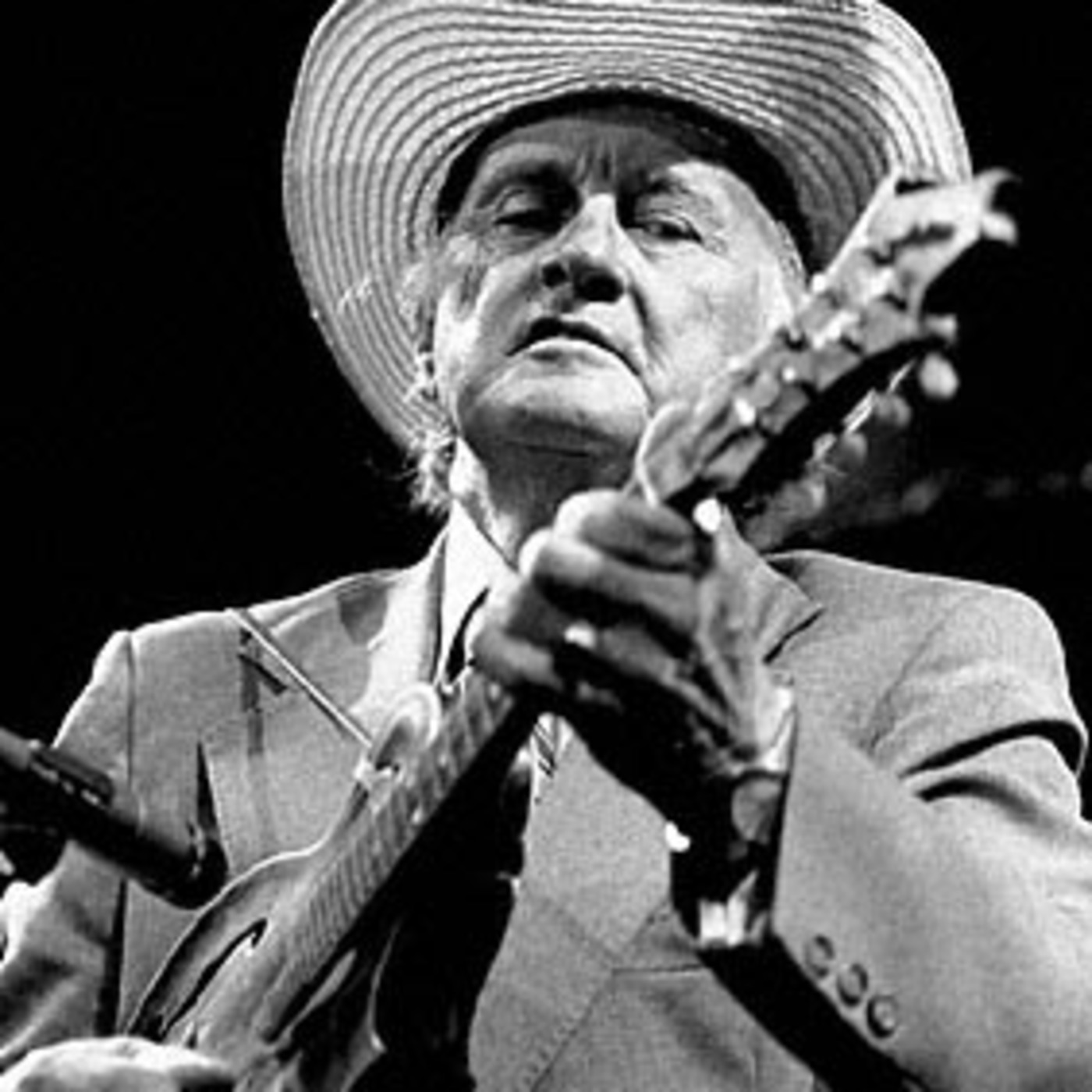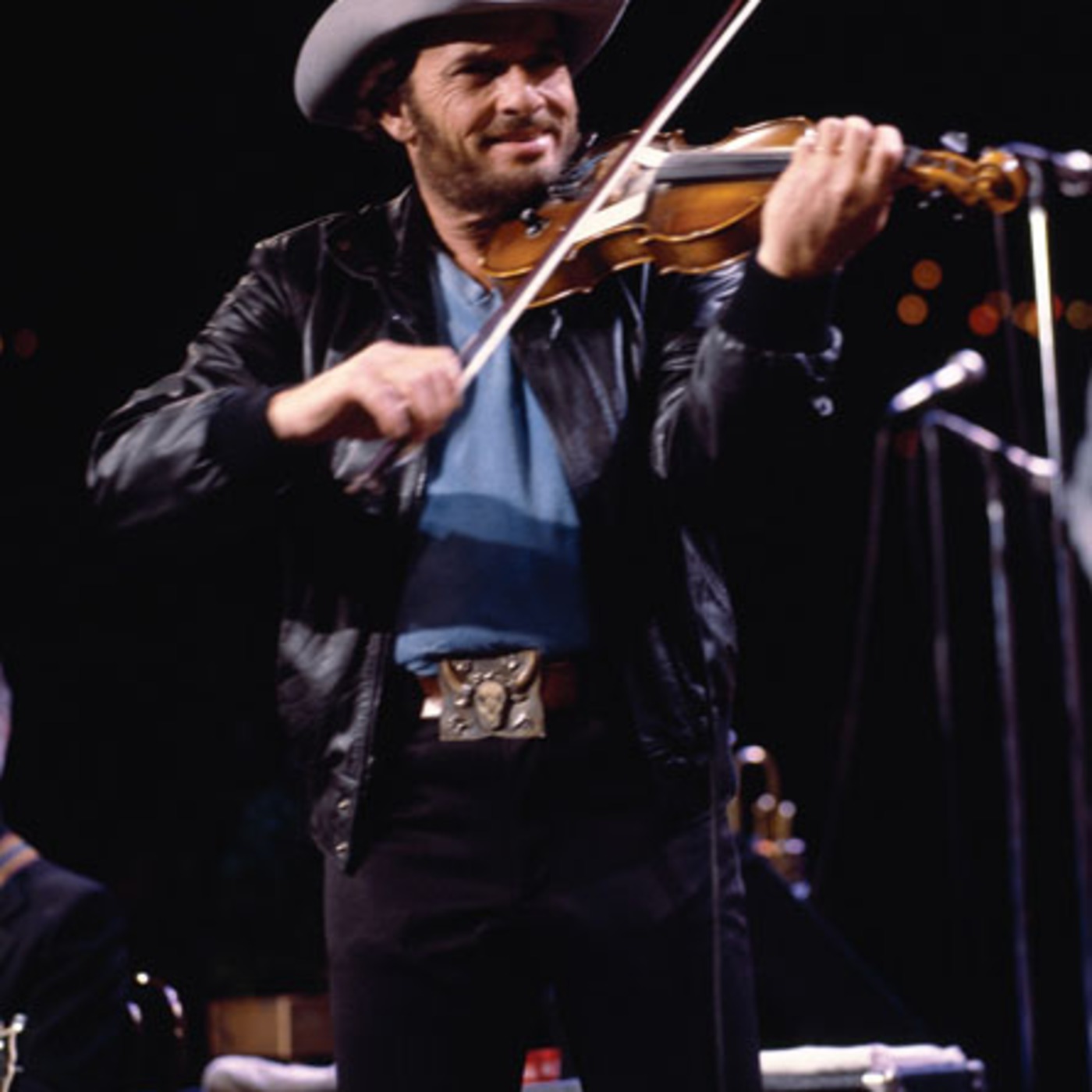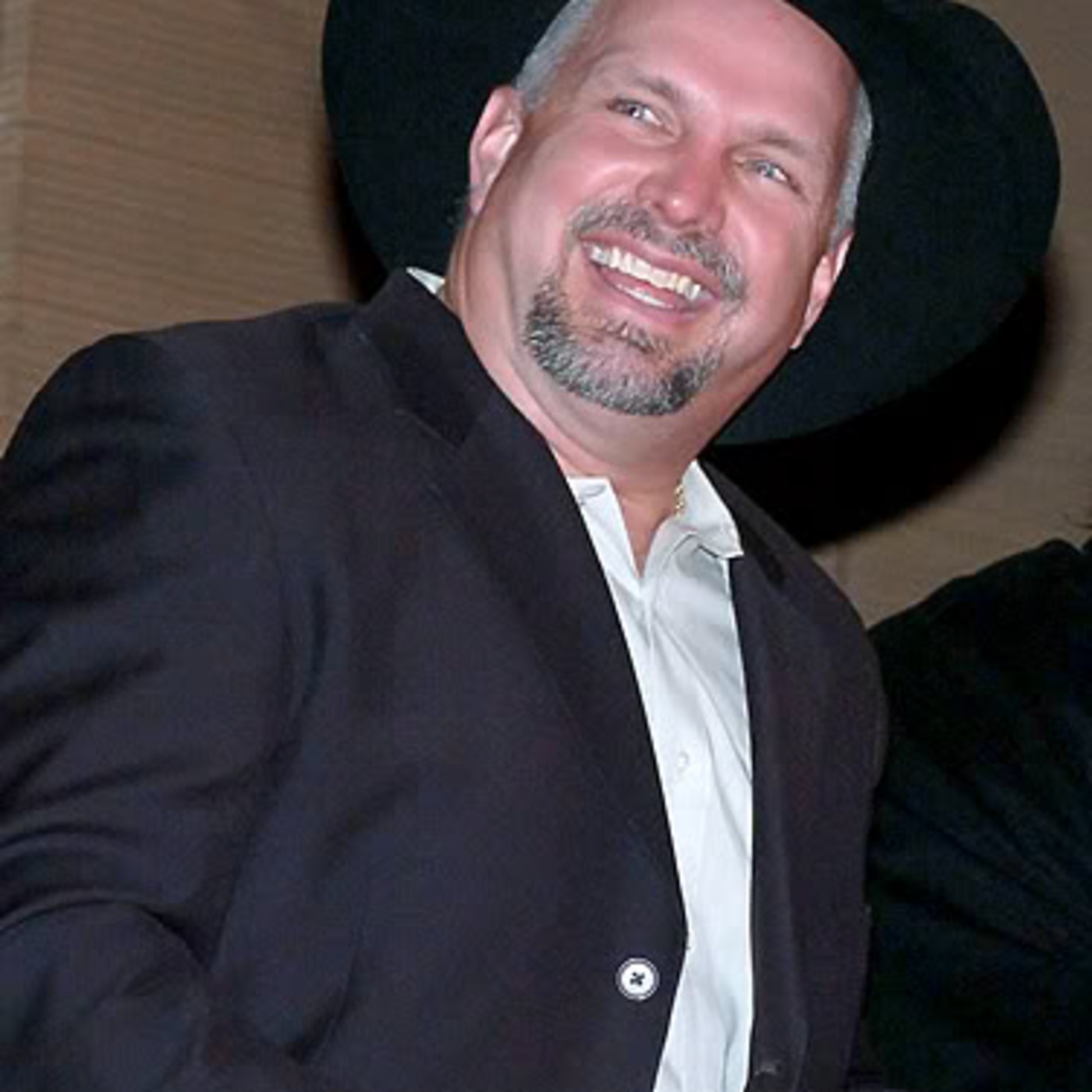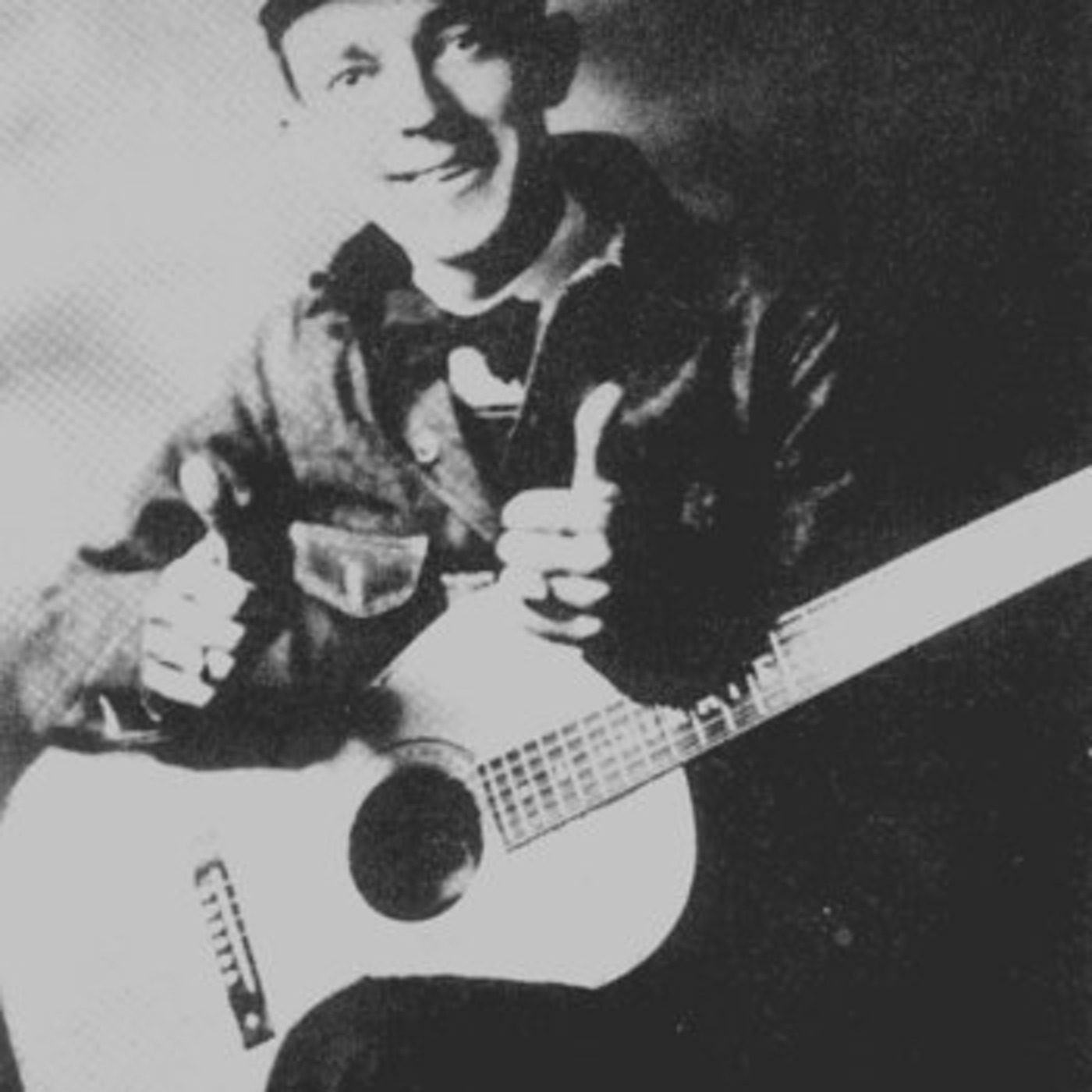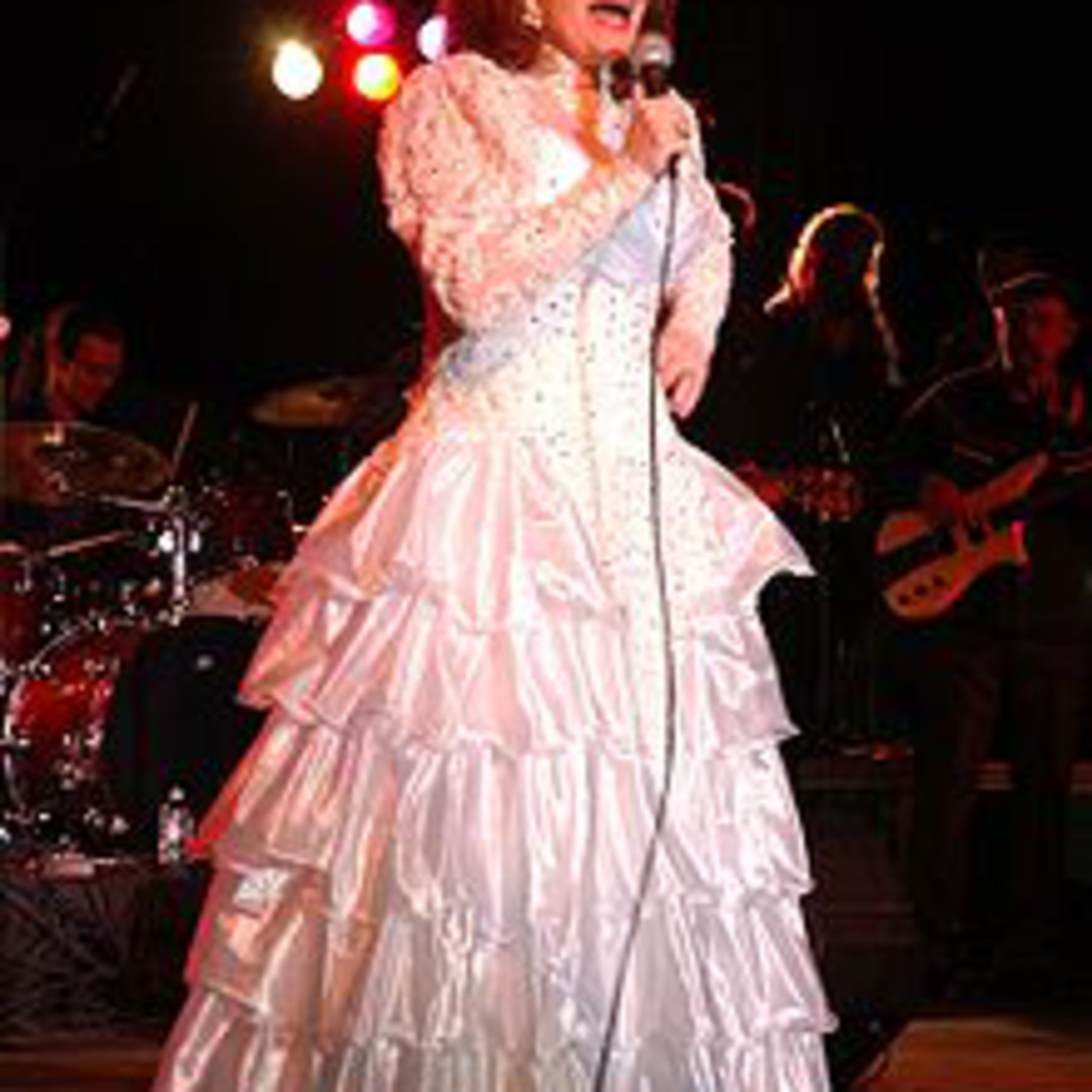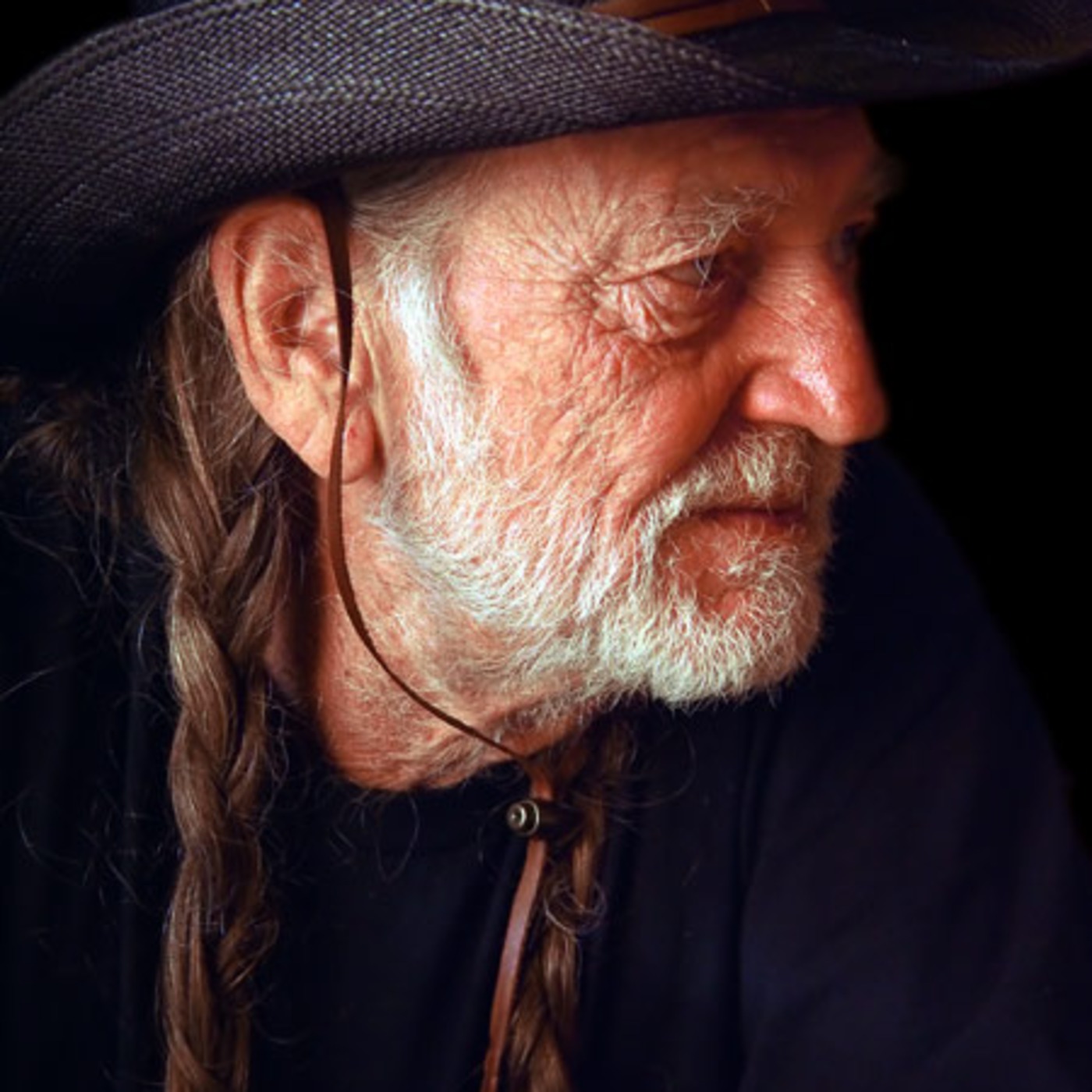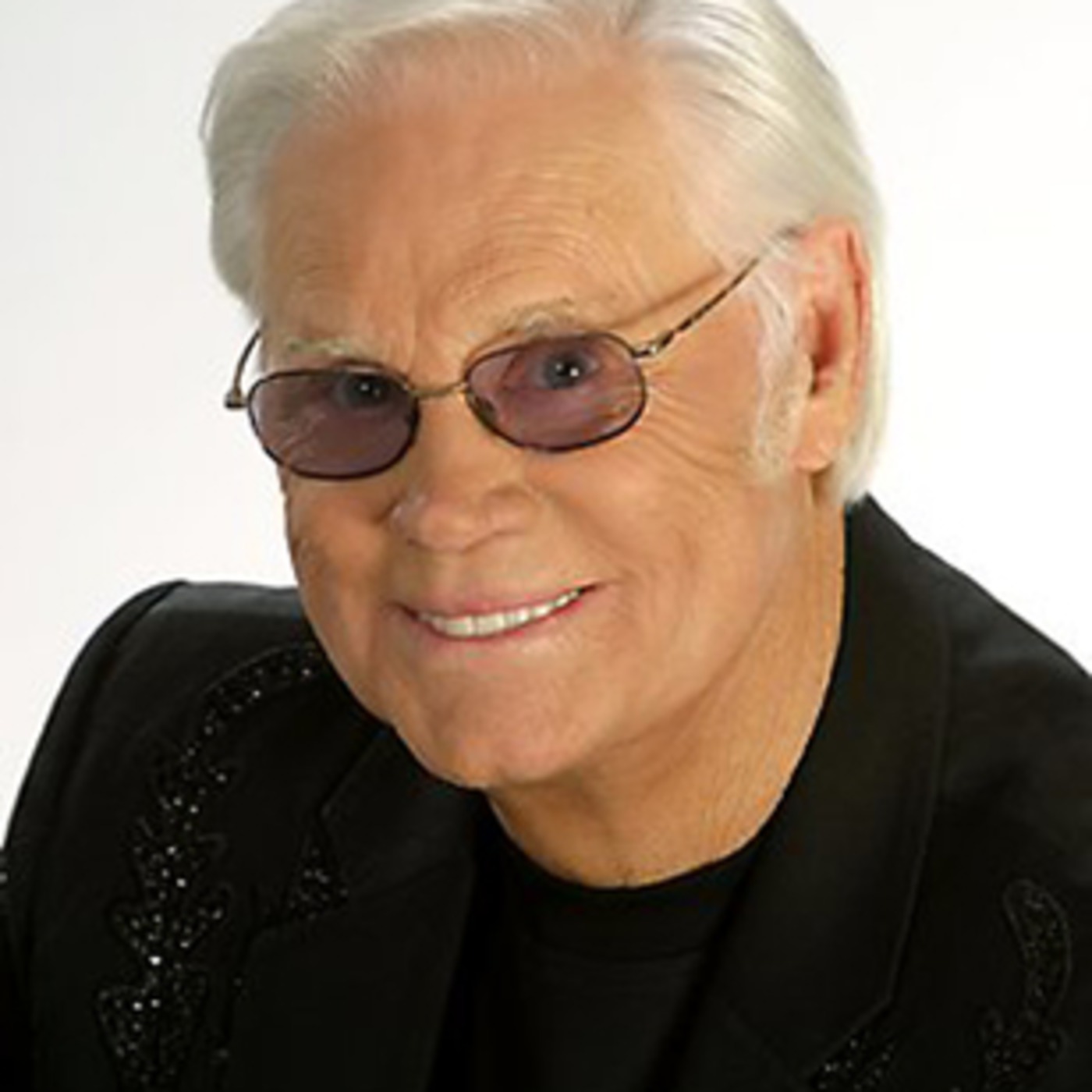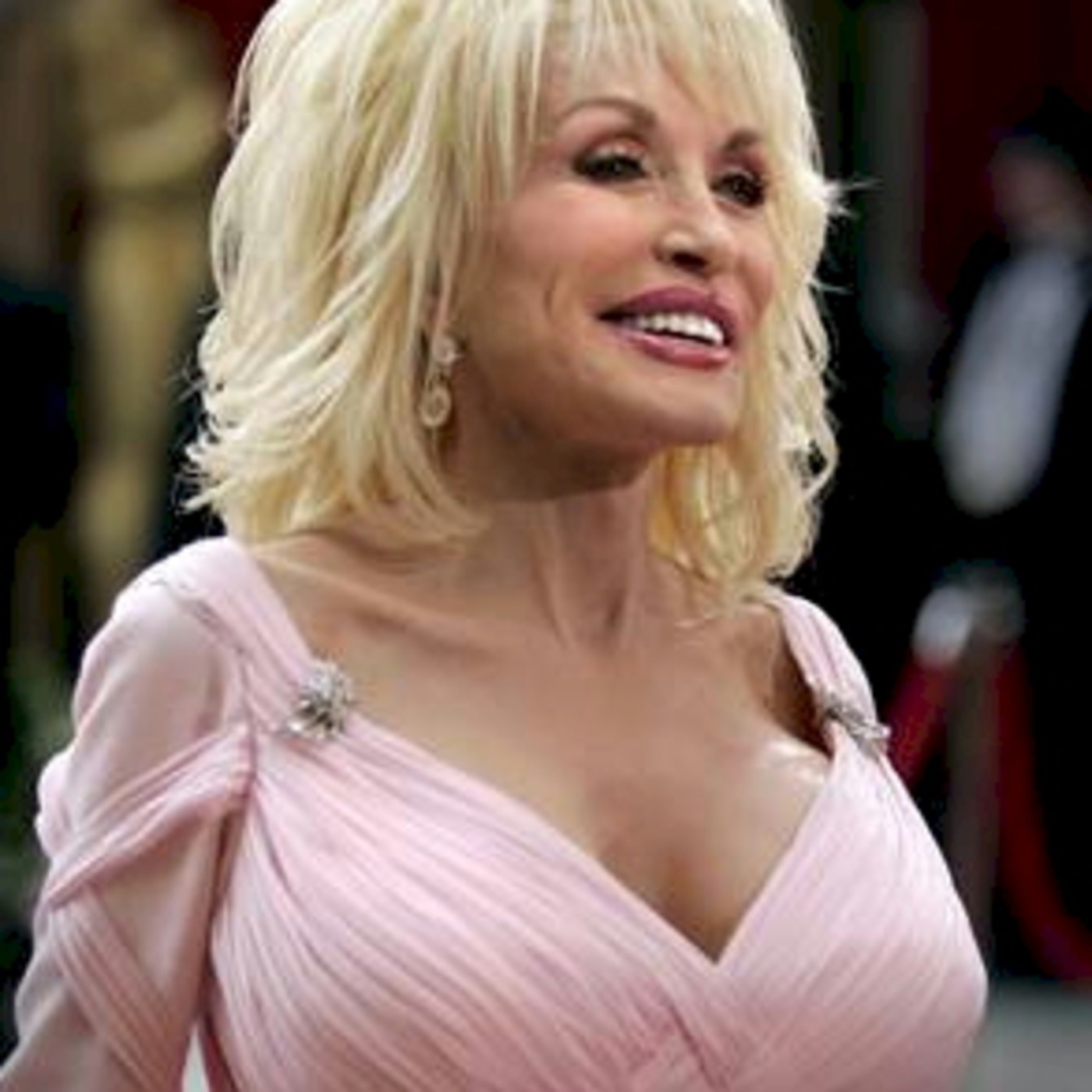The Stanley Brothers - Angel Band
Update: 2010-06-13
Description
From Wikipedia, the free encyclopedia
The Stanley Brothers were a legendary American bluegrass duo made up of brothers Carter and Ralph Stanley.
Origin - Dickenson County, Virginia, USA
Genres - Bluegrass
Years active - 1946-1966
Labels - Rich-R-Tone, Columbia, Mercury, King, Starday, Wango, Rimrock
Former members - Carter Stanley, Ralph Stanley
Biography
Carter and Ralph Stanley hailed originally from Dickenson County, Virginia. The family soon moved to McClure, Virginia where their parents worked a small farm in the Clinch Mountains. Music was a part of their lives from early on, as they were able to listen to the likes of the Monroe Brothers, J. E. Mainer's Mountaineers and the Grand Ole Opry on local radio. The brothers soon formed a band, the Lazy Ramblers, and performed as a duo on WJHL radio in Johnson City, Tennessee. World War II interrupted any thoughts of a musical career, and it was not until both brothers returned from the service that they were able to make their own mark in music.
They formed their band, the Stanley Brothers and the Clinch Mountain Boys, in 1946 as the first band to copy the Monroe sound. Carter played guitar and sang lead while Ralph played banjo and sang with a strong, high tenor voice. Additional members of this early band were Darrell "Pee Wee" Lambert on mandolin and Bobby Sumner on fiddle. Sumner was soon to be replaced by Leslie Keith. On December 26, 1946, the band began performing at radio station WCYB in Bristol, Tennessee as stalwarts of the famed "Farm and Fun Time" radio show. They made their recording debut in September 1947 for Rich-R-Tone Records which had been founded the year before. Their records sold well "outselling even Eddy Arnold" regionally. Up to now, Ralph had been playing the banjo with two fingers only on recordings and in concerts but switched in 1948 to the three-finger style popularised by Earl Scruggs.In March 1949, the Stanley Brothers began recording for Columbia Records.[
During this time, Bill Monroe was not particularly fond of groups like the Stanley Brothers and Flatt & Scruggs whom he believed "stole" his music by copying it and they were therefore seen as "economic threats." Financially hard times in the early 1950s, forced the brothers to take a short break in their musical career and they began working for the Ford Motor Company in Detroit. Eventually, Monroe and the Stanley Brothers became friends and Carter performed for several months with Bill Monroe in the summer of 1951. In August 1951, Ralph was involved in a serious automobile accident that almost ended his career. Following his recovery, Carter & Ralph reunited to front their Clinch Mountain Boys.
As bluegrass music grew less popular in the late 1950s, the Stanley Brothers moved to Live Oak, Florida to headline the weekly Suwannee River Jamboree radio show on WNER from 1958 to 1962. The three-hour show was also syndicated across the Southeast. In 1966, the brothers toured Europe and upon returning home they continued to perform together until Carter's death in December 1966.
The brothers wrote many of their own songs and Carter had a particular knack for writing deceptively simple lyrics that portrayed strong emotion. The Stanley's style can best be described as a traditional "mountain soul" sound that remained close to the Primitive Baptist vocal stylings they learned from their parents and others near their southwestern Virginia home. Ralph has often used the expression "...old-time, mountain style, what they call 'bluegrass' music", to differentiate the Stanley's sound from mainstream bluegrass. They later added an innovative touch to their traditional sound with the guitar solos of George Shuffler, an early proponent of the crosspicking guitar style.
Later, Ralph revived the Clinch Mountain Boys and is still performing as of 2010. Among the musicians who have played in the revived Clinch Mountain Boys are Ricky Skaggs, Keith Whitley, Larry Sparks, Curly Ray Cline, Jack Cooke, Roy Lee Centers, Charlie Sizemore, Ray Goins, and Ralph Stanley II. Ralph's career received a big boost with his prominent role on the phenomenally successful soundtrack recording of the 2000 film, O Brother, Where Art Thou?. The Stanley Brothers were inducted into the International Bluegrass Music Hall of Honor in 1992. In 2005, The Barter State Theatre of Virginia premiered an original stage production entitled, "Man of Constant Sorrow: The Story of the Stanley Brothers," written by Dr. Douglas Pote.
The Stanley Brothers were a legendary American bluegrass duo made up of brothers Carter and Ralph Stanley.
Origin - Dickenson County, Virginia, USA
Genres - Bluegrass
Years active - 1946-1966
Labels - Rich-R-Tone, Columbia, Mercury, King, Starday, Wango, Rimrock
Former members - Carter Stanley, Ralph Stanley
Biography
Carter and Ralph Stanley hailed originally from Dickenson County, Virginia. The family soon moved to McClure, Virginia where their parents worked a small farm in the Clinch Mountains. Music was a part of their lives from early on, as they were able to listen to the likes of the Monroe Brothers, J. E. Mainer's Mountaineers and the Grand Ole Opry on local radio. The brothers soon formed a band, the Lazy Ramblers, and performed as a duo on WJHL radio in Johnson City, Tennessee. World War II interrupted any thoughts of a musical career, and it was not until both brothers returned from the service that they were able to make their own mark in music.
They formed their band, the Stanley Brothers and the Clinch Mountain Boys, in 1946 as the first band to copy the Monroe sound. Carter played guitar and sang lead while Ralph played banjo and sang with a strong, high tenor voice. Additional members of this early band were Darrell "Pee Wee" Lambert on mandolin and Bobby Sumner on fiddle. Sumner was soon to be replaced by Leslie Keith. On December 26, 1946, the band began performing at radio station WCYB in Bristol, Tennessee as stalwarts of the famed "Farm and Fun Time" radio show. They made their recording debut in September 1947 for Rich-R-Tone Records which had been founded the year before. Their records sold well "outselling even Eddy Arnold" regionally. Up to now, Ralph had been playing the banjo with two fingers only on recordings and in concerts but switched in 1948 to the three-finger style popularised by Earl Scruggs.In March 1949, the Stanley Brothers began recording for Columbia Records.[
During this time, Bill Monroe was not particularly fond of groups like the Stanley Brothers and Flatt & Scruggs whom he believed "stole" his music by copying it and they were therefore seen as "economic threats." Financially hard times in the early 1950s, forced the brothers to take a short break in their musical career and they began working for the Ford Motor Company in Detroit. Eventually, Monroe and the Stanley Brothers became friends and Carter performed for several months with Bill Monroe in the summer of 1951. In August 1951, Ralph was involved in a serious automobile accident that almost ended his career. Following his recovery, Carter & Ralph reunited to front their Clinch Mountain Boys.
As bluegrass music grew less popular in the late 1950s, the Stanley Brothers moved to Live Oak, Florida to headline the weekly Suwannee River Jamboree radio show on WNER from 1958 to 1962. The three-hour show was also syndicated across the Southeast. In 1966, the brothers toured Europe and upon returning home they continued to perform together until Carter's death in December 1966.
The brothers wrote many of their own songs and Carter had a particular knack for writing deceptively simple lyrics that portrayed strong emotion. The Stanley's style can best be described as a traditional "mountain soul" sound that remained close to the Primitive Baptist vocal stylings they learned from their parents and others near their southwestern Virginia home. Ralph has often used the expression "...old-time, mountain style, what they call 'bluegrass' music", to differentiate the Stanley's sound from mainstream bluegrass. They later added an innovative touch to their traditional sound with the guitar solos of George Shuffler, an early proponent of the crosspicking guitar style.
Later, Ralph revived the Clinch Mountain Boys and is still performing as of 2010. Among the musicians who have played in the revived Clinch Mountain Boys are Ricky Skaggs, Keith Whitley, Larry Sparks, Curly Ray Cline, Jack Cooke, Roy Lee Centers, Charlie Sizemore, Ray Goins, and Ralph Stanley II. Ralph's career received a big boost with his prominent role on the phenomenally successful soundtrack recording of the 2000 film, O Brother, Where Art Thou?. The Stanley Brothers were inducted into the International Bluegrass Music Hall of Honor in 1992. In 2005, The Barter State Theatre of Virginia premiered an original stage production entitled, "Man of Constant Sorrow: The Story of the Stanley Brothers," written by Dr. Douglas Pote.
Comments
In Channel


